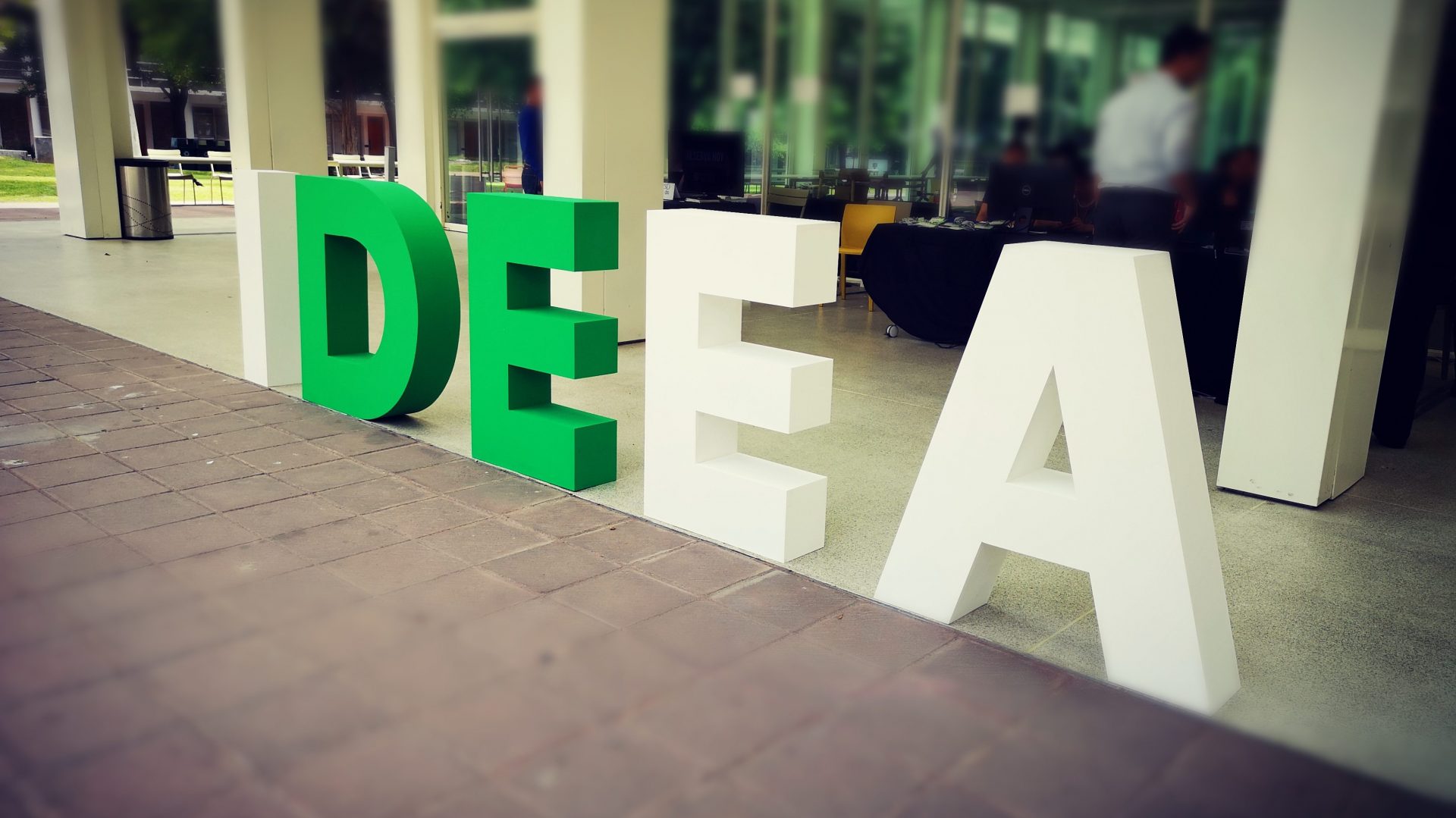The Task
“Conceptualize a systematic future mobility or farming solution for rural areas in Africa.“
The African continent faces several problems on the way to sustainably securing agricultural productivity and employment. The socioeconomic system of rural Africa is based on village structures. Growing food for self-consumption is a common and traditional approach for most people living in the remote areas of these countries. Under the given conditions, with a shortage of both agricultural products and the technological means to produce them, the challenges cannot be solved with conventional approaches.The availability of material and technological resources is becoming increasingly difficult, making a mobility turnaround seem impossible without new approaches. One way to solve the challenge is to systematize circular value creation, incorporating regionally available raw and recyclable materials.
Based on these background information the task for all teams was to do a case study on a selected mobility, agricultural or rural problem in Africa. This required first selecting a country (Rwanda/Kenya) and analyzing the social, economic, technological and rural mobility or agricultural context there. This analysis was then used to identify local user problems with existing transportation and/or agriculture. Through this, solutions were to be developed that would increase the effectiveness and efficiency of agriculture or transportation (people and/or goods). As a goal, the solution should then be brought into a hub or community context to develop new business models that create value and jobs for residents.
The Design Thinking Process provides a guideline on how the problem can be viewed. There are five elemental steps – Research, Definition, Ideation, Making, and Testing. The goal is to focus on the customer and his human needs and finding a solution that satisfies those.
